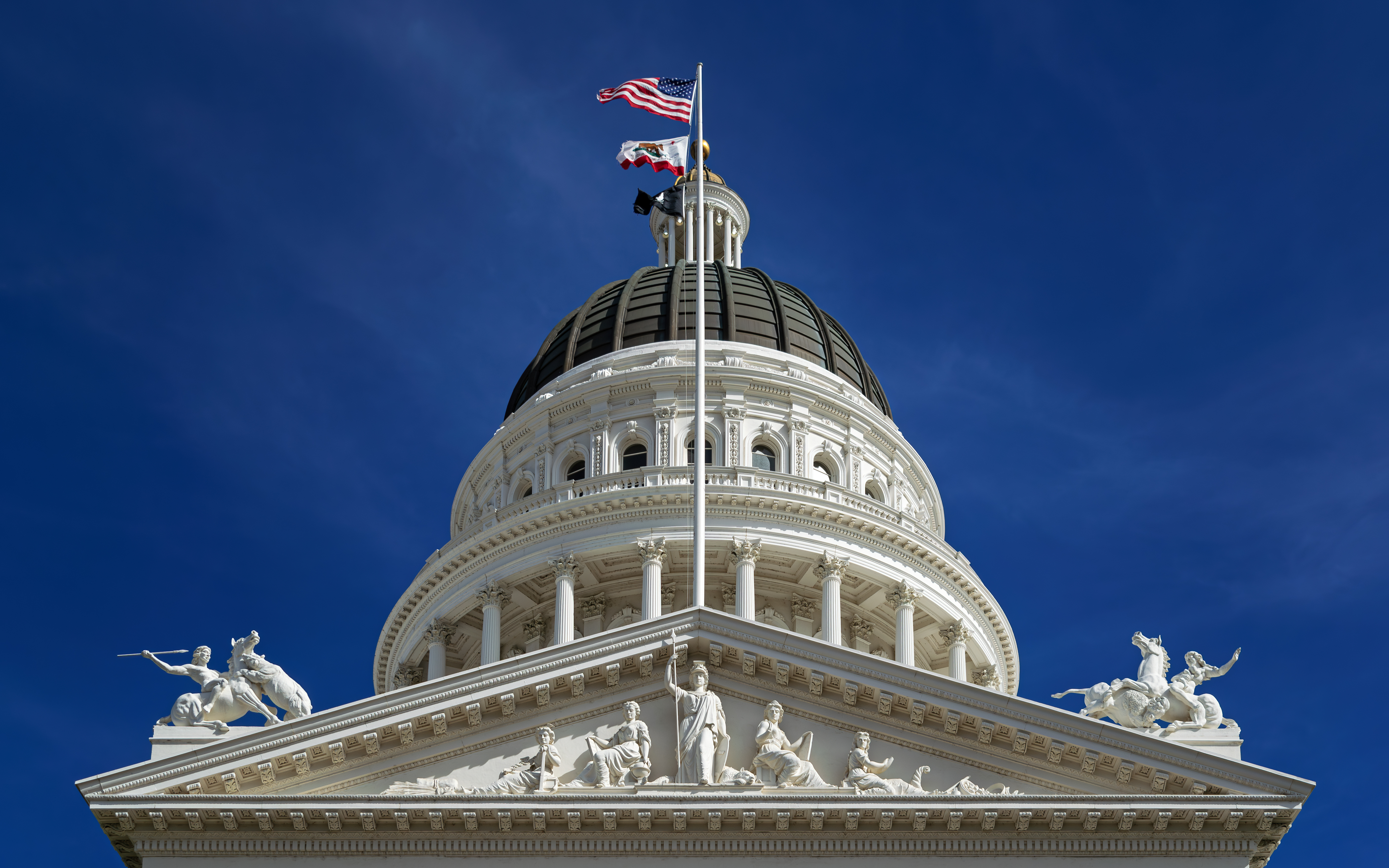President Trump’s latest broadside against ABC’s Jimmy Kimmel isn’t just another media dustup—it’s a masterclass in exposing how corporate America props up failing leftist content at the expense of shareholders and audiences alike.
“Get this bum off the air,” Trump declared, targeting Kimmel’s increasingly desperate late-night antics that have transformed what was once America’s premier entertainment hour into a nightly sermon of coastal elite grievances. The timing couldn’t be more strategic, as Disney faces mounting pressure from investors questioning why the entertainment giant continues bankrolling content that actively alienates half of America.
The numbers tell the story corporate boardrooms can no longer ignore. Kimmel’s ratings have cratered as Americans tune out his predictable Trump-bashing routine, yet Disney inexplicably doubles down on content that hemorrhages both viewers and advertising revenue. This isn’t entertainment—it’s ideological messaging disguised as comedy, and the market is delivering its verdict with brutal efficiency.
Trump’s critique strikes at something deeper than mere entertainment preferences. By calling out Kimmel’s “no talent” approach and “poor ratings,” the President highlights a fundamental breach of the American compact between businesses and consumers. When corporations prioritize political messaging over quality content, they betray the basic capitalist principles that built this nation’s prosperity.
The constitutional implications run deeper than many realize. The Founders envisioned a free press that would inform and elevate public discourse, not a corporate media apparatus that manufactures consent for progressive orthodoxy. When Disney uses its market position to amplify partisan attacks while suppressing alternative viewpoints, it undermines the very marketplace of ideas that makes democratic governance possible.
What’s particularly brilliant about Trump’s strategy is how it leverages market forces rather than government intervention to restore balance. Instead of calling for regulation or censorship, he’s simply pointing out that Emperor Kimmel has no clothes—and asking why Disney shareholders should subsidize the charade.
The broader entertainment industry is watching nervously as streaming platforms and independent creators demolish traditional media’s gatekeeping power. Americans are discovering they don’t need corporate-approved comedy when they can find genuinely funny, authentic content from creators who actually respect their intelligence and values.
Disney’s predicament reflects the impossible position facing all woke corporations: continue pandering to a shrinking base of coastal elites, or rediscover the profitable wisdom of serving mainstream American audiences. The company’s recent stock struggles suggest investors are growing impatient with virtue signaling that destroys shareholder value.
Trump’s media accountability push also signals something larger—the emerging cultural realignment where American businesses must choose between ideological purity and economic reality. Companies that embrace this shift early will capture the massive, underserved market of patriots hungry for content that reflects their values. Those that don’t will join the growing graveyard of brands that chose politics over profits.
The President’s attack comes as multiple late-night hosts face declining relevance, their Trump-obsessed content increasingly stale in a political environment where Americans are focused on kitchen-table issues like inflation and border security. Kimmel’s desperate attempts to remain relevant only highlight how disconnected these entertainers have become from ordinary Americans’ concerns.
For patriots, this moment represents opportunity. As traditional media crumbles under the weight of its own bias, space opens for authentic American voices to reach audiences starved for genuine entertainment and honest commentary. The cultural institutions that seemed permanently captured by the left are proving surprisingly fragile when exposed to market discipline.
Trump’s Kimmel offensive isn’t just about one failing comedian—it’s about reclaiming American culture from corporate gatekeepers who forgot their primary obligation is serving customers, not lecturing them. When that realignment completes, we’ll look back on this moment as when the tide definitively turned toward authentic American entertainment that celebrates rather than condemns our nation’s values.





